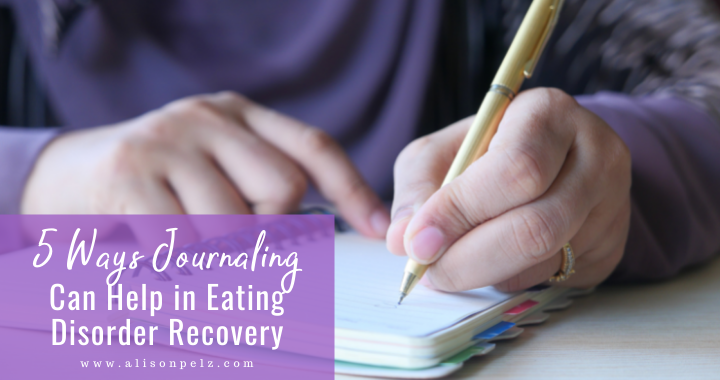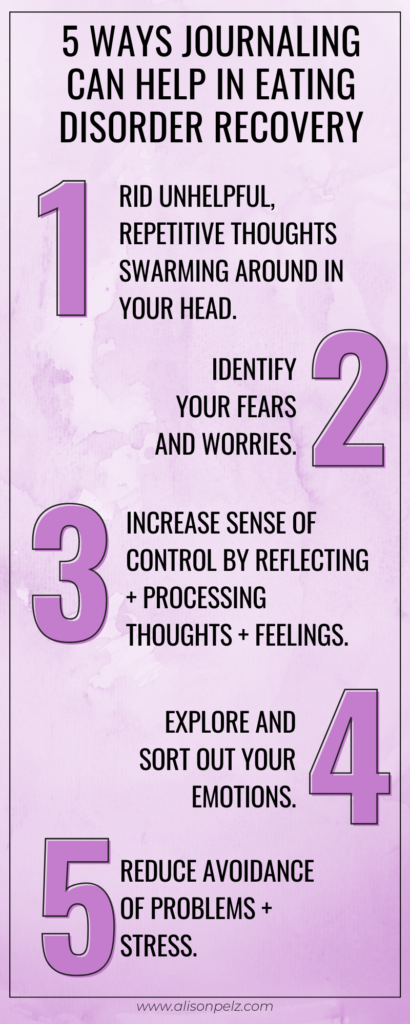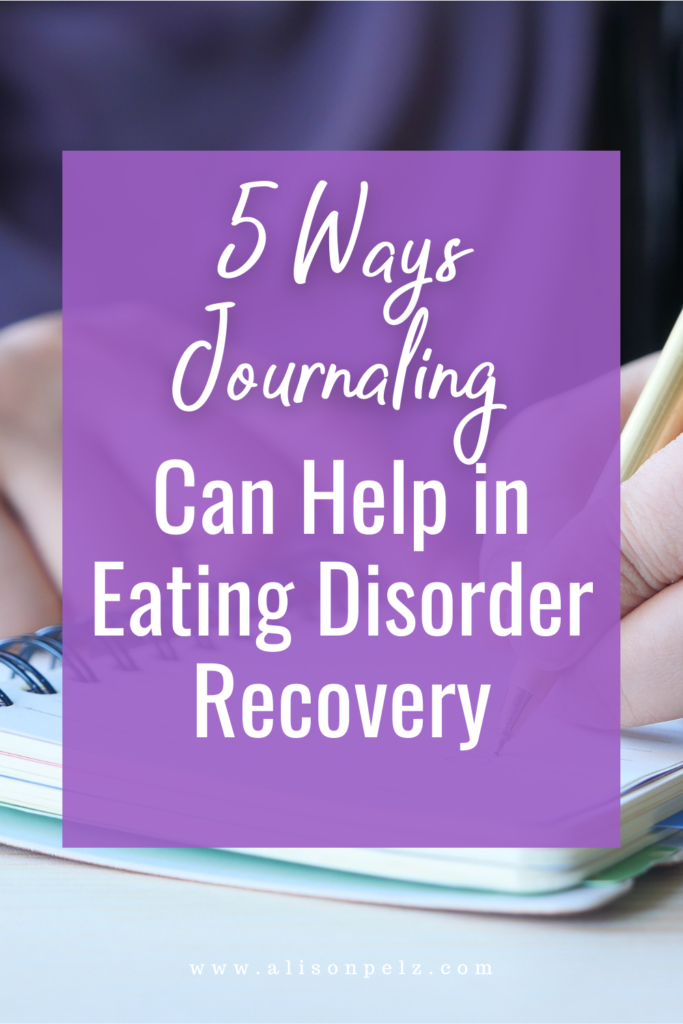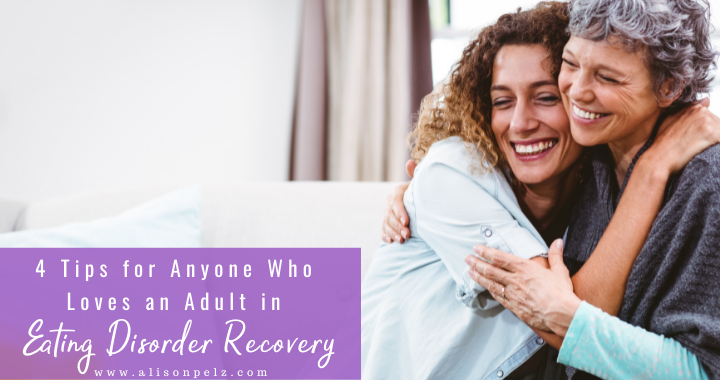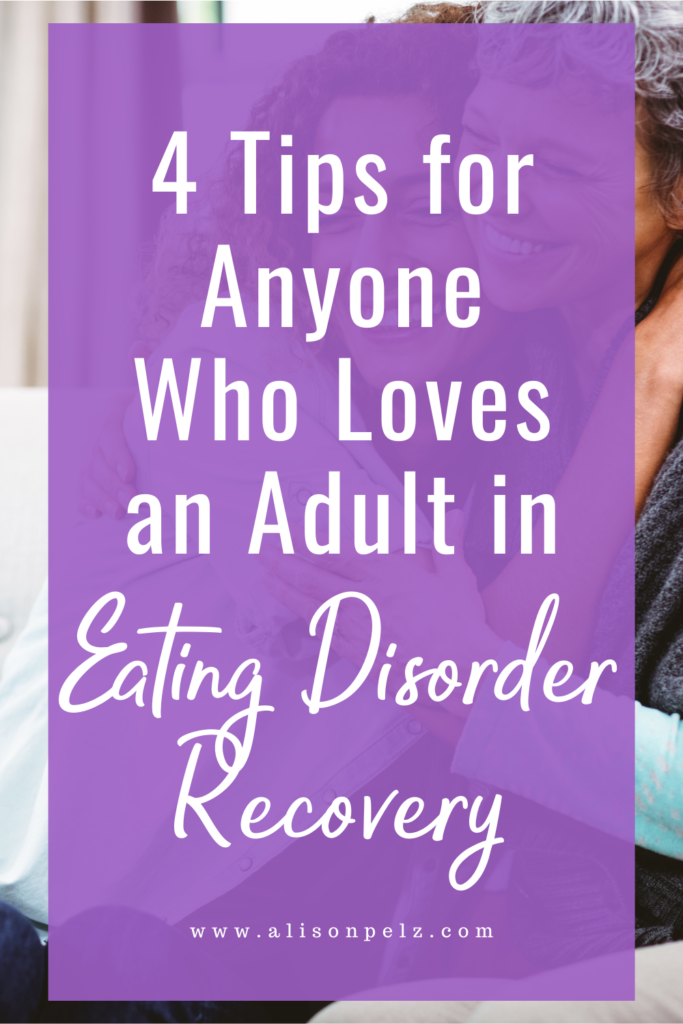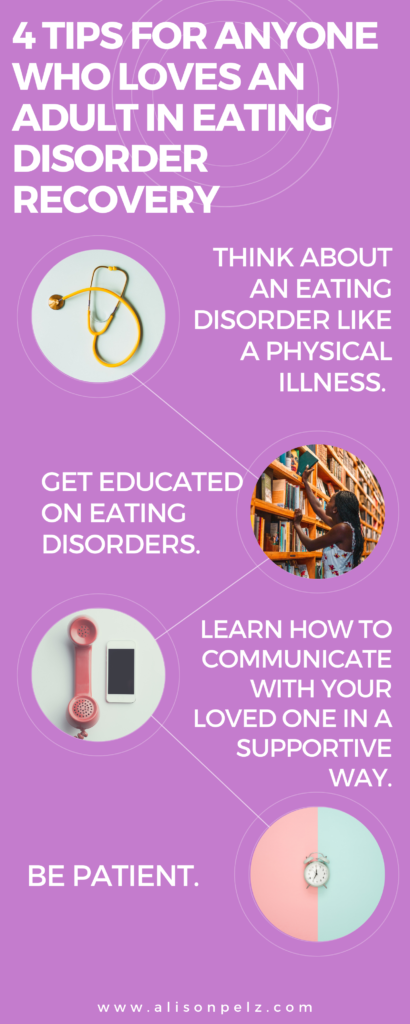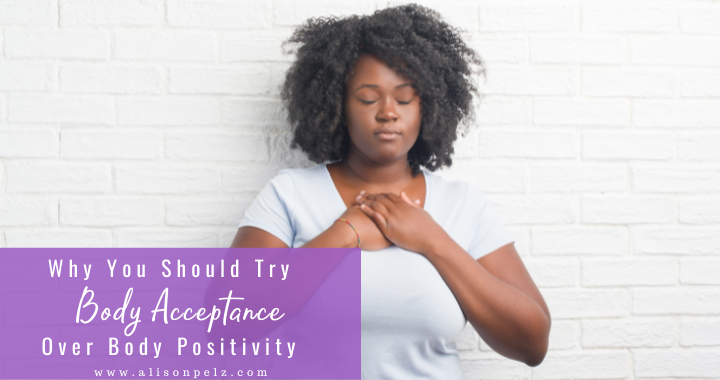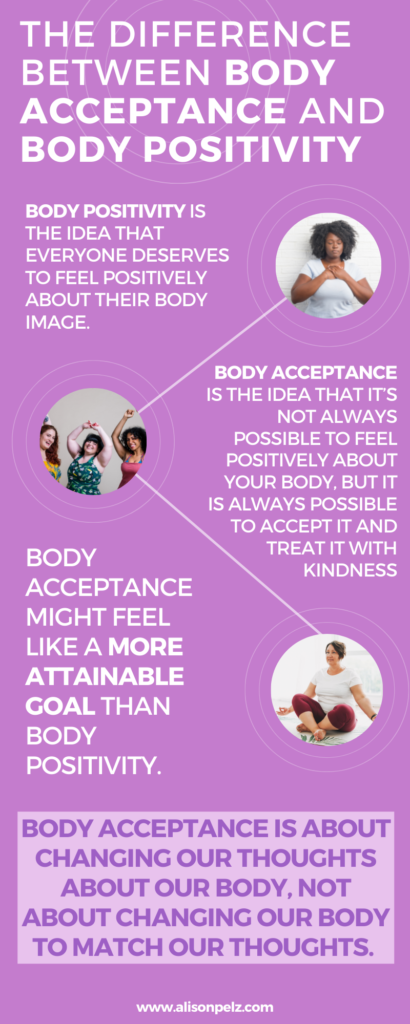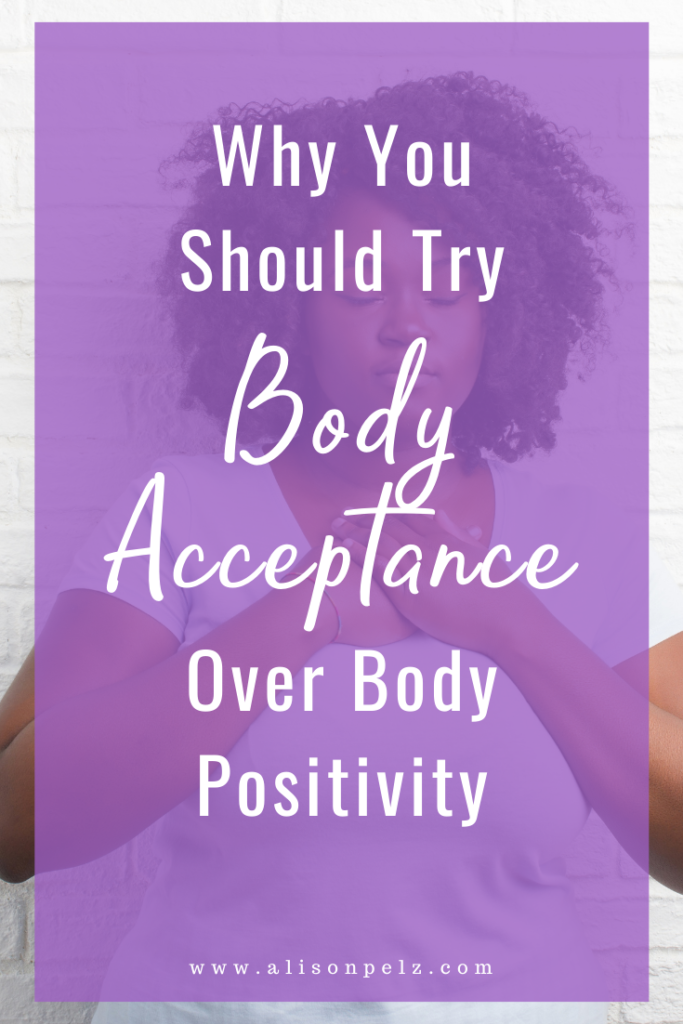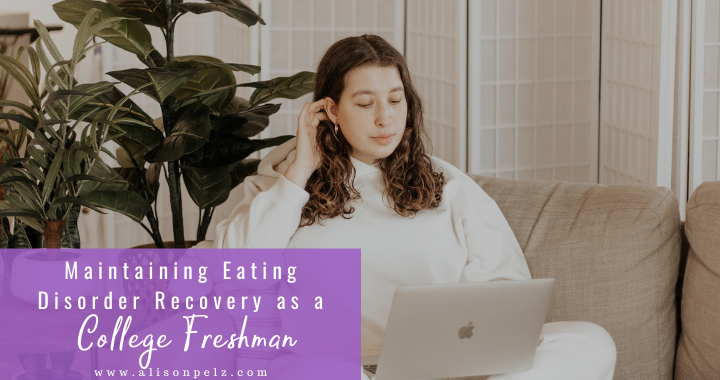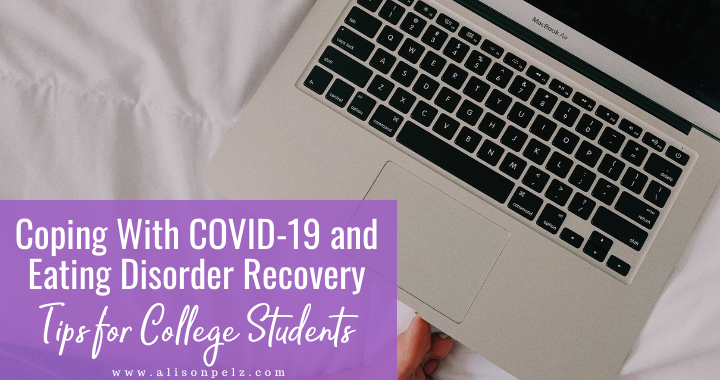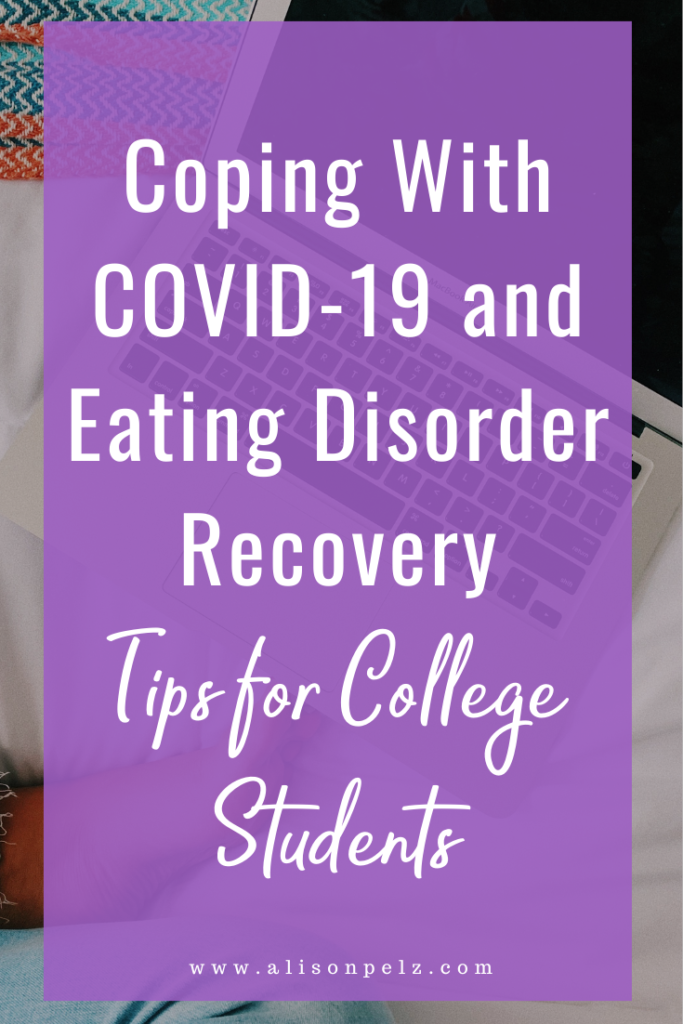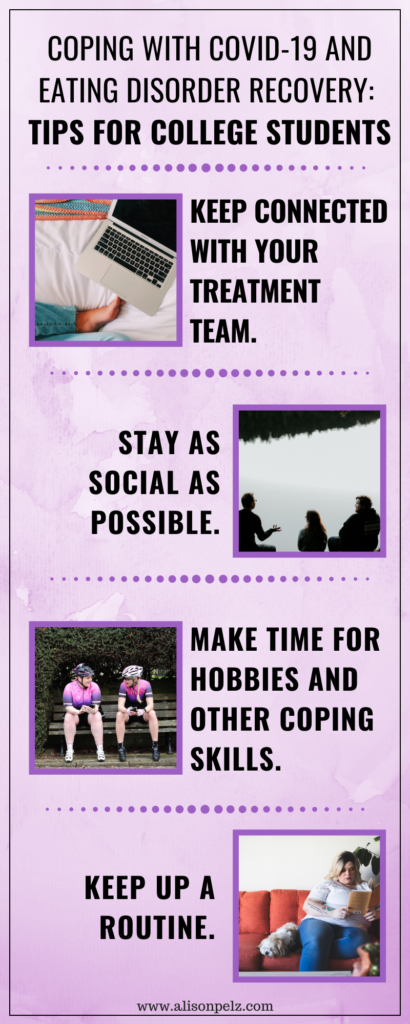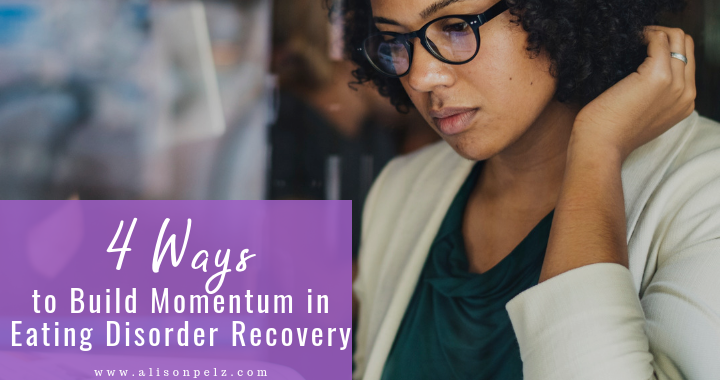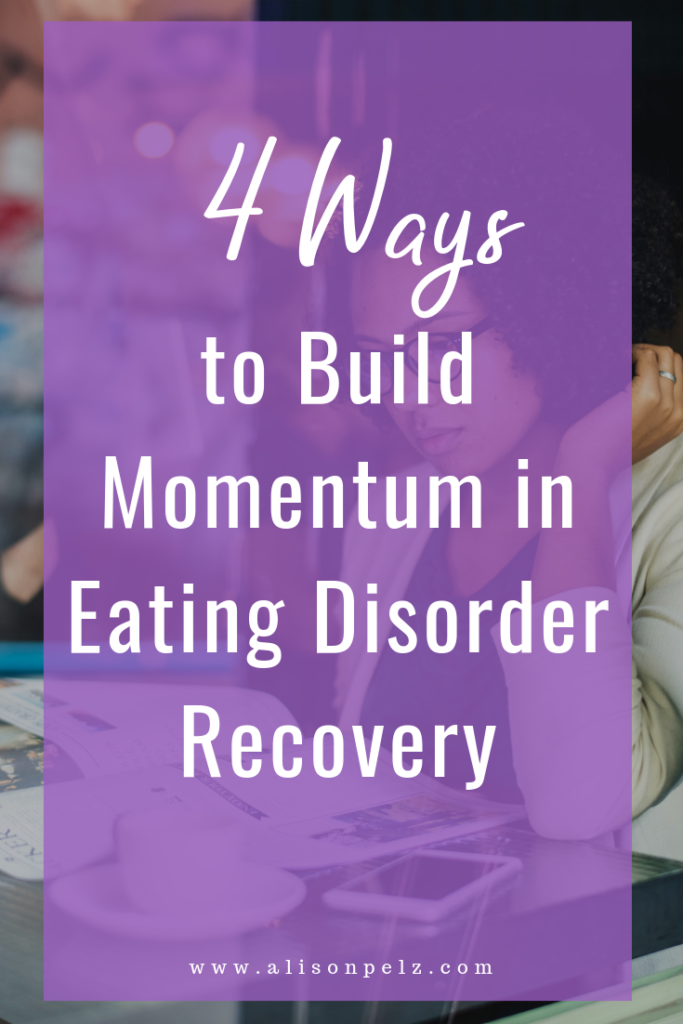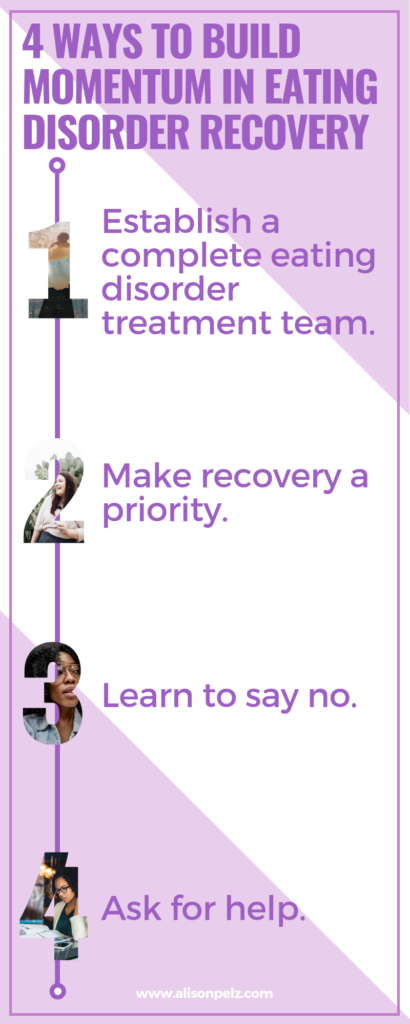What do Oprah Winfrey, Freda Kahlo, Marie Curie, and Anne Frank all have in common? (Besides being exceptional women, that is.)
They all journaled.
When you read about why these incredible women kept a diary, building a strong connection with one’s emotions and thoughts is the theme that comes up.
People who suffer from eating disorders often really struggle to identify and cope with their emotions and thoughts. (And not just people with eating disorders, lots of people struggle to connect with what they’re feeling and why!) Often the eating disorder then becomes the way to cope with those emotions, unhealthy as it may be.
Having a strong journaling practice doesn’t mean that your eating disorder will just evaporate on its own. But keeping a journal is a tool that can help you in your journey in recovery, and support your work in therapy. If you don’t have a therapist or treatment team click here to learn more.
Journaling can help:
Rid unhelpful, repetitive thoughts swarming around in your head.
Simply writing thoughts down sometimes can provide a reduction of these thoughts. The more we hold onto or try to bury our feelings, the stronger they usually become–and the more it feels like they can start to control us. When you take time to get the thoughts out in some way, your mind is able to release them, instead of clinging onto them.
Identify your fears and worries.
Many people who have eating disorders often experience high levels of anxiety. Journaling can assist in identifying those fears and worries in order to evaluate if they are actually reflective of the truth. Learning to identify when our fear those fears are “real” can help both your problem solving skills and your ability to tolerate some levels of anxiety.
Increase a sense of control by reflecting and processing thoughts and feelings.
Giving yourself a space to review and reflect on what you’re feeling without judgement can help take the power out of those strong feelings. Instead of feeling like they are controlling you, learning to reflect & process them helps to teach you that your feelings are trying to communicate something to you, but they don’t have to dictate your life.
Explore and sort out your emotions.
Identifying, understanding and communicating emotions can be hard, especially for those with eating disorders. Often people with eating disorders use eating disorder behaviors to cope with their emotions. Journaling is a tool that can instead help you to navigate your emotions, so you don’t have to rely on your eating disorder to manage them.
Reduce avoidance of problems & stress.
While avoiding problems and stress may seem helpful particularly in the short-term, in the long-term it actually increases feelings of stress, discomfort, and fear. For example, if you are anticipating a tough conversation with someone the longer you put the conversation off the more stressful it becomes. Usually, once the conversation is completed there is a sense of relief. Merely writing about the anticipated conversation is a great first step to reducing avoidance. Eating disorder behaviors often serve as a way to avoid stress and discomfort, so developing a healthy practice to manage stress can help reduce reliance on those behaviors, as well as strengthen your stress management skills in the long term.
Tips to Get Your Journaling Practice Started
Journaling can be downright daunting–especially if you are not used to talking about emotions. But think of journaling as a practice, something that you may feel “not good at” at the beginning, but over time you will become more confident.
Make it part of your daily routine like brushing your teeth. Perhaps journal at around the same time or point in your day. Maybe start off with journaling five minutes a day and increase the length of time as needed or as your confidence builds around journaling.
What to Journal About:
There is no “right way or wrong way” to journal. The point of the journal is to get your thoughts and feelings out on paper. No need for perfect grammar, spelling, or handwriting.
You may start by writing about your day (what you did, thought, and any feelings that came up), or a particular situation that you felt strongly about–whether it was a good or bad feeling.
It may be handy to keep a list of feeling such as this one next to your journal. This can be a good tool to increase your emotional vocabulary, strengthen your ability to identify what you’re feeling, and really understand your emotions.
If you don’t know where to get started with your journaling practice, try one of these journal prompts:
- 3-5 things you are most grateful and why.
- One thing you felt proud about today.
- Something you recently did that was hard and how you manage it.
- A stressful situation and how you can cope with it.
- A letter to a future self.
- What do you feel most worried about and why.
- What others would say to you about why they care for you.
- Eating disorder-specific:
- Name 5 ways your eating disorder is helpful and 5 ways that your eating disorder is unhelpful.
- If I didn’t have my eating disorder then I would be doing these five things.
- If I didn’t have my eating disorder then I would feel these 5 things.
- I would want my friends and/or family to know about my eating disorder ar these things.
